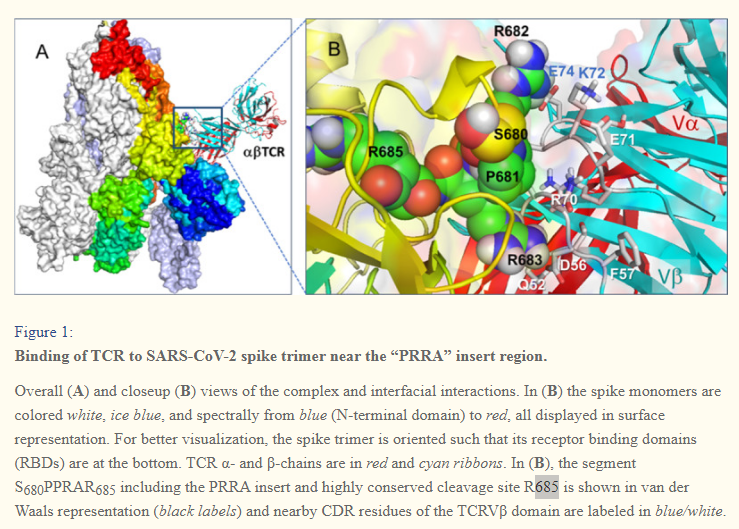Let's start by posing a question I love, one I heard Esther ask a couple who desperately wanted their relationship to survive,
"Are you prepared to mount a little inner revolution?"
So twitterers, are you?
The thread will be broken down into 5 sections:
• Why the Esther 😍?
• How to criticize
• How to argue
• How to listen when the body speaks (aka nonverbal communication)
• Skillful therapy (observations & Esther's commonly asked questions)
• Uncategorised quotes I love
Before we jump in, a quote from
@interintellect_'s Esther salon 🔥
"Love is a form of information sharing. You create a circuit of information between a partner & you, + you keep digging in deeper layers. There is an infinite amount of beauty to discover in another person" -Anna
~ What's Fascinating About Perel?
Mostly, I want to be her.
Couples come to her when they're stuck. She unfreezes them, moving them from stagnant to flowing.
Why is she so good at it? That's the question I'm trying to answer & the reason I can't stop analysing her sessions
So, what makes her good?
• She sees the story being enacted in the relationship in <20mins
• identifies narrative and communication patterns and helps interrupt them
• takes clients' words and translates the emotions beneath them
• She points out when couples' assumptions...
... get in the way of them hearing what their partner is saying.
"Your assumptions interpret and they become misconceptions. It's like you hear that which you want to hear even if it's what you fear hearing. But you're not hearing what he's actually telling you."
~ How To Criticize (hint: don't)
Highlight instead of criticizing:
→ "When you're experiencing something you'd like more of. Highlight it"
Highlighting requires patience & paying attention to your partner: notice then positively reinforce behaviours that add to your joy 💌
"Behind every criticism, there is a wish"
Notice that your criticisms express a hidden desire - instead of talking about what is *not* and what's wrong, talk about what is.
Meaning, talk about what you want.
"Notice your 'but'. After each but is a criticism or negation. All your partner will hear is the second part"
An excellent general communication tip. Don't follow a compliment with a 'but'. Using 'but' in the 2nd half of a sentence cancels out positive effects in the 1st half.
As an exercise, notice every time someone uses the word 'but' over the next 3 days. Especially when they're talking to you.
Pay close attention to how your emotions/ reaction change before and after the use of the word.
"I think we are wonderful together" 😁
"but" 😦
~ How To Argue
Remember your last argument with a partner? I bet it was hard to listen for >10secs before you forgot what they said & wanted to share your part instead
Here's an exercise Esther recommends for switching from defensive/reactive to reflective listening
Arguments put us in rebuttal mode. Before you give your rebuttal, hear them out then say "What I am hearing you say is ..." And repeat what they said. Let what they've told you land + sit with you before you share your part.
Then ask "Is this it?" & give them a chance to respond
Reflective Listening TLDR;
"What I'm hearing you say is..." repeat what they said.
Then ask, "Is this it?" to confirm you heard them right.
A formula for expressing how you feel & talking about difficult subjects:
When you do X
In situation Y
I feel Z
e.g. 'When you're still thinking about work when I'm with you, I feel lonely and ignored'
Esther encourages clients to speak in a way, "that takes ownership of your feelings. Speak in a way that is about you and not about the person."
Focus on partner's actions & the resulting feelings in you rather than who you believe their actions make them/what it says about them
"When you're talking about you and what you're experiencing, you're not busy describing him. [He becomes defensive when you describe him] because none of us want to be defined by anybody else."
None of us want to be defined by anybody else. When we are, we become defensive.
~ How To Listen When The Body Speaks (Nonverbal Communication)
Esther regularly notes clients' body language and facial expressions. She uses it to guide her reactions and assessments. She also teaches the clients to do the same with each other - communication is more than words
"I'm watching their bodies, listening to their tones and I can tell from her laughter that I'm moving in the right direction"
- on being able to tell when someone is responding well to coaching. You can observe your partner in the same way.
"Being stuck is being in a state of contraction. Shoulders go up. Chest tightens. A knot in the stomach. The contraction doesn't allow you to breathe or think"
Notice how your body reacts to an argument or a memory. Breathe into a tight stomach. Drop your shoulders. Body → mind
Esther points clients to notice the change in their partner's face. When they're stuck and unsure of what to say, she reminds them, "You can watch my face as a GPS"
Next time you're talking to your bae, notice how your words land. Notice the 100s of micro reactions
~ Skillful Therapy
We return to our question: how is Esther so good at what she does? The following notes are about Esther's strongest therapy *moves*. Therapists or not, I think we'd all benefit from using more of these in our lives and conversations
Firstly, her focus on the body - both non-verbal communication and directing people back to their bodies as the source of truth.
She'll often tell clients to, "sit with it for a moment and watch, see where it is in your body"
Refusing to let clients minimise their experience. She'll ask "that's an understatement right?" when she notices client regularly downplaying their pain
The client's response when she does this is always gripping: tone of voice changes, laughter, tears, emotions being recognised
When a person is describing an event in the past she'll also often ask, "you're seeing images/hearing words right now, aren't you?"
I'm amazed at how much this question opens people up. It's as if they become aware of those thoughts/images for the first time.
@EstherPerel's most frequently used questions/pointers in sessions:
• Tell me more
• Explain it to me
• Is that an understatement?
• What images/thoughts are you seeing/hearing right now?
• How did you understand what s/he just said?
• What would you like to happen?
What would you like to happen?
This question is also often posed as 'what needs to happen?' As far as I can tell Esther uses it as a way of eliciting people's relationship dreams. In their ideal world, moving forward, what would this relationship be?
~ Random Quotes I Love
I couldn't find the right categories for these but I had to share them with you.
Like this damning quote: "what we're originally drawn to is often what becomes the source of conflict later"
On acknowledging scary emotions:
"You're afraid that if you acknowledge his fear you're going to not have him... That it becomes real. But it's not the way that feelings work. They don't become more real because they're acknowledged, *they actually often become softer.*"
Uncharacteristically vengeful
@EstherPerel, "there is no greater vengeance than to be the most happy one can be"
"If you're always aiming to be better and making yourself seem more than, what happens if you see yourself?
"So often we find it is the language that we use that is in itself confining. We lock ourselves up inside a concept and we forget how to cultivate the quality of our experience."
combine with
"certain things change meaning when they are named correctly"
Let's close with a lovely reminder,
"Love is not some external thing. Love is a verb. It's a practice. It's something that you show, that you act upon"
Happy v-day to you. I hope you have a day full of love - both giving and receiving <3


